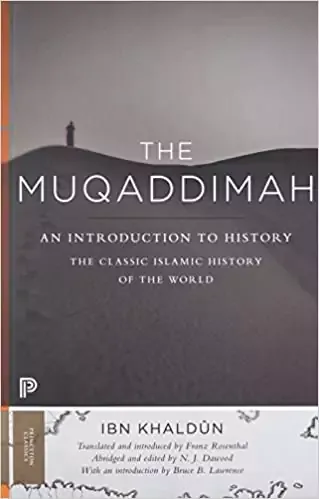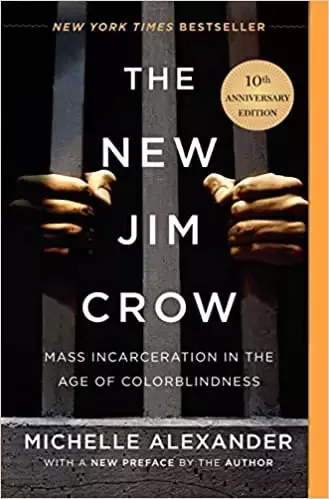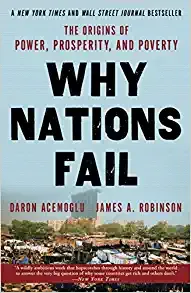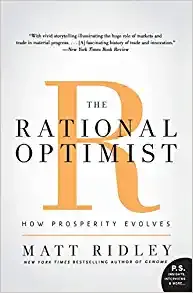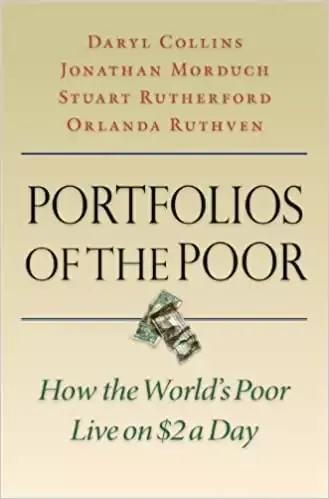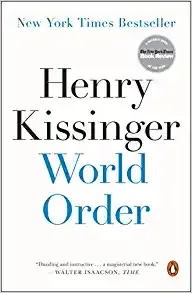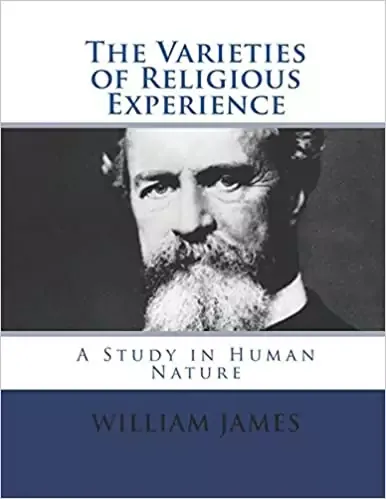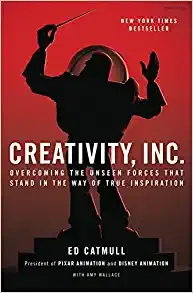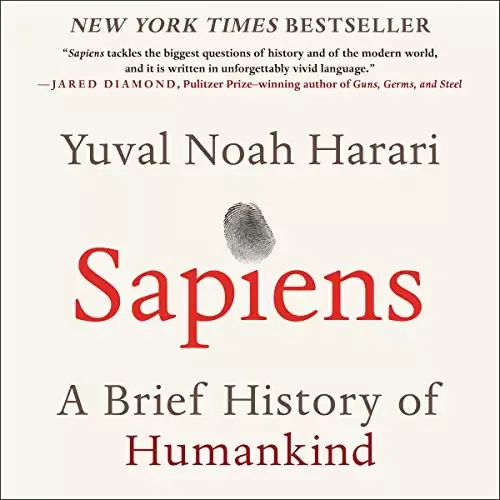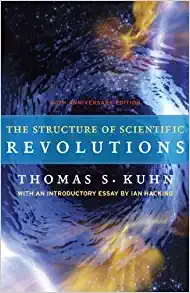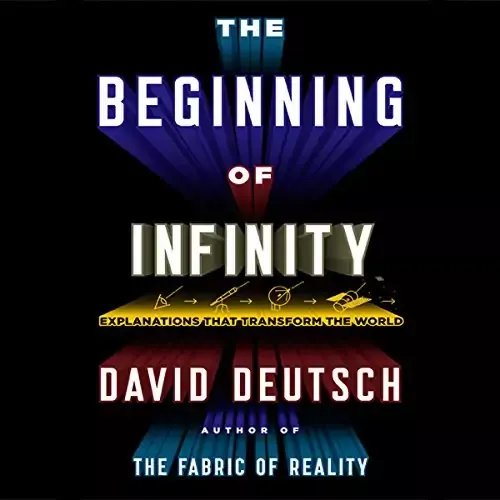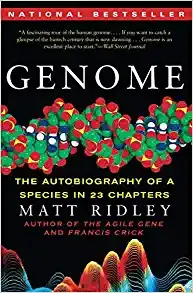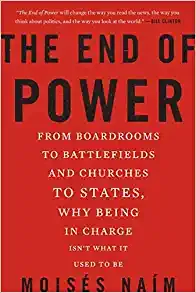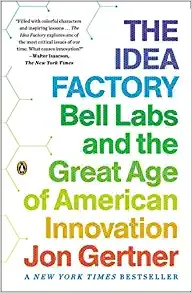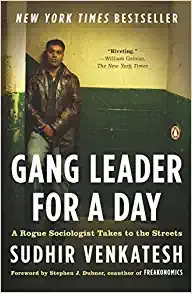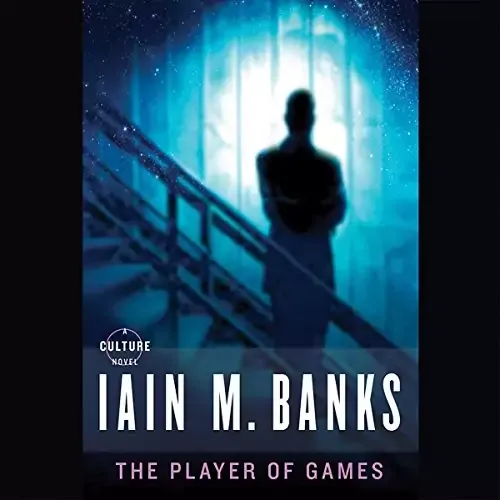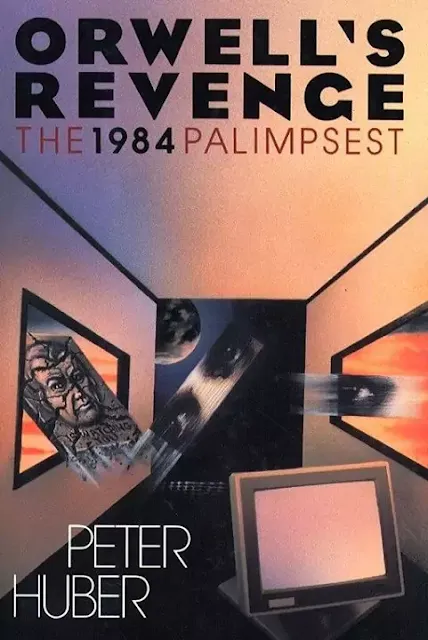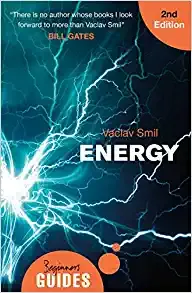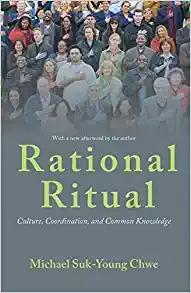Zuckerberg also set up a public page called "A Year of Books" book club, and he chooses the themes of the books to focus on "different cultures, beliefs, history, and technology".
and invited 30 million fans to follow. "I will publish the list of books I am reading on it." At present, the page has been liked by more than 150,000 Facebook fans.
Although the birth of his daughter kept him from reading a book every two weeks, he read 23 books in one year.
He recommends a book about every two weeks and now has 23 books on his list.
Here are the book lists and the reasons Zuckerberg recommends:
1. The Muqaddimah
by Ibn Ibn Khaldûn
"The Muqaddimah" was written in 1377 by the Islamic historian Ibn Khaldun. This book attempts to put aside the prejudices of historical records and look for the prevailing factors in the history of humanistic evolution.
Khaldun's revolutionary scientific approach to history made him one of the originators of modern sociology and historical compilation.
Zuckerberg said: "Although many things believed in the past have been falsified in the history of more than 700 years, it is still very interesting to take a comprehensive look at people's understanding and overall worldview at that time."
2. The New Jim Crow
by Michelle Alexander
Ohio State University law professor and civil rights defender Michelle Alexander stated in her book that the "drug war" has led to a culture in which non-violent black men are overrepresented in prison, and once they are released, they are treated as secondary. Waiting for citizens.
Zuckerberg said: "I have always been interested in criminal justice reform, and this book has been highly recommended by several people I trust."
3. Why Nations Fail
by Daron Acemoglu
"Why the Country Failed" is an overview of 15 years of research conducted by MIT economist Daron Acemoglu and Harvard University political scientist James Robinson and was first published in 2012.
The author's research shows that the reason why poor countries are poor is not due to destined geographical factors, nor is it because of traditional culture. Poor policies are probably not because the incumbents are stupid and ignorant, but because they deliberately seek to benefit the privileged elites who support their power, at the cost of the interests of the society as a whole. The key to prosperity lies in the economic and political systems adopted by this society.
As Zuckerberg's wealth increased, his interest in philanthropy also increased. He said: I chose this book because he can better understand the causes of global poverty.
4. The Rational Optimist
by Matt Ridley
"Rational Optimism" was first published in 2010 and is the most popular and perhaps the most controversial science writer by Matt Ridley.
This book explains to readers how things are changing for the better, and explains why. Prosperity comes from working for everyone. The mainstream pessimism claims that the situation is getting worse.
Zuckerberg said that he has included this book because it assumes "why the country fails" and demonstrates the antithesis that social and political forces control the economy.
"I am very interested to see whether the two concepts can resonate more," Zuckerberg wrote.
5. Portfolios of the Poor
by Daryl Collins
Researchers Daryl Collins, Jonathan Morduch, Stuart Rutherford, and Orlando Ruthven spent ten years studying the economic lives of the lowest-class people living in Bangladesh, India, and South Africa.
This book explains how these families invest to support their lives to the greatest extent possible.
"A surprising fact is that almost half of the people in the world-or about 3 billion people-earn only $2.5 a day, or even less. More than one billion people earn less than $1 a day." Zuckerberg wrote, "I also hope that by reading this book, I can find some ways for us to better support them."
6. World Order
by Henry Kissinger
Former U.S. Secretary of State Henry Kissinger launched the "World Order" in 2014. The 91-year-old in his book analyzed world history and international political changes and examined the different perceptions of "world order" in different regions.
"This is a book about diplomatic relations and how we can build peaceful relationships around the world," Zuckerberg wrote. "This is very important to the children of the world, and I think about it."
7. The Varieties of Religious Experience
by William James
William James (1849-1919) is considered by many to be the most insightful American philosopher," according to Philosophy from the Internet Encyclopedia of the University of Tennessee.
This is the most famous book in the field of religious psychology, which explores religious consciousness and how people use religion as a source of meaning, energy, and purpose that forces people to live an active life.
"When I read "Homo sapiens" found that chapter religion is the most interesting in human life, I want to do a deeper understanding of the evolution of the character," Zuckerberg wrote.
8. Creativity, Inc.
by Ed Catmull
"Innovation Company" is the story of Pixar. The author is Ed Catmull, the founder of this computer animation giant. Catmull’s book is full of wisdom on management and entrepreneurship. He believes that any company should consciously avoid restricting the natural creativity of employees.
Zuckerberg said: "I love to read first-hand information about how people build a great company like Pixar and cultivate innovation and creativity."
9. Sapiens: A Brief History of Humankind
by Yuval Noah Harari
First published in 2014, "A Brief History of Mankind" is an international bestseller written by historian Yuval Harari of the Hebrew University of Jerusalem. In this book, he traced how early humans evolved from hunters who ate tigers and wolves to humans today.
Zuckerberg said: "Following the "Introduction to History" recorded the 13th-century intellectuals' perspective on history, the book "A Brief History of Humanity" is a contemporary exploration of many similar issues.
10. The Structure of the Scientific Revolution
by Thomas S. Kuhn
If you want to read a philosophy book written by a physicist, it must be "The Structure of a Scientific Revolution."
According to Stanford University, since its first publication in 1962, this work on the evolution of science and its impact on the contemporary world has become "one of the most cited academic books in history."
Zuckerberg believes that being aware of how scientific breakthroughs become a catalyst for social progress is the driving force for the creation of social goods.
The most famous of this book is the introduction of the phrase "paradigm shift", which represents a situation in the history of science when a fundamental shift in viewpoint occurs, for example, when quantum physics replaced Newtonian mechanics.
11. Dealing with China
by Henry M. Paulson Jr.
Zuckerberg has been extremely interested in Chinese culture in the past few years. He has also been learning Chinese and said that one of his long-term goals is to convince the Chinese government to let people use Facebook.
The book "Responding to China" is about the author Paulson's more than two decades of dealing with Chinese leaders during his tenure as the U.S. Secretary of the Treasury and the head of Goldman Sachs, exploring the global impact of China's rise.
Zuckerberg said: "In the past 35 years, China has undergone one of the largest economic and social transformations in human history." "Hundreds of millions of people have been lifted out of poverty. Judging from many indicators, China's efforts to get rid of poverty require More than all the remaining countries in the world combined."
12. The Beginning of Infinity
by David Deutsch
At the end of the year, Zuckerberg finally chose Oxford University physicist David Deutsch's "The Beginning of Infinity" to appreciate the progress of the human scientific revolution.
Deutsch's conclusion is that human potential is endless, and it covers all fields from art and science to politics and philosophy.
13. The Better Angels of Our Nature
by Steven Pinker
In the 800-page book written by Harvard psychologist Steven Pinker, Zuckerberg himself admits that this long work full of data seems a bit far from being respected.
But the author's writing style is very plain. Zuckerberg believes that Pinker's research can provide a life-changing perspective. He explored how violence, despite being amplified by 24-hour news and social media, has decreased over time.
It is worth noting that this book is also one of the most important books that Bill Gates thinks he has read.
14. Genome
by Matt Ridley
Ridley is the only author to appear on Zuckerberg's book list twice.
"Genome" is his 1990 book, which outlines the exploration of genetic evolution and the growing field of genetics.
"The purpose of this book is to tell that human history should be viewed from a genetics, not a sociological perspective," Zuckerberg wrote.
15. The End of Power
by Moisés Naím
This is the first book Zuckerberg read after starting the book club. The author is Moisés Naím, former executive president of the World Bank and senior researcher of the Carnegie International Peace Fund.
This book explores how the world gradually transfers power that was once monopolized by big governments, the military, and other organizations to individuals. This is also clearly seen in the "disruptive startups" often referred to in Silicon Valley.
Zuckerberg said: "I am convinced of this trend to transfer more power to individuals."
16. On Immunity
by Eula Biss
Zuckerberg said it is necessary to read Bliss's survey of vaccine benefits, taking into account the anti-vaccine campaign in the United States and some European countries.
"The science is completely clear: vaccines work and are important to the health of everyone in our community," Zuckerberg said that scientists and public health workers strongly recommended this book to him.
"This book explores why some people question vaccines and logically explains why these doubts are untenable. Vaccines are effective and safe."
17. The Idea Factory
by Jon Gertner
The 2012 book "Creative Factory" by Professor Jon Gertner, editor-in-chief of Fast Company, tells the history of Bell Labs from the 1920s to the 1980s. The invention of the transistor has completely changed the world's technology, and the management style of innovation and cultivation is in the history of Silicon Valley. For the first time.
Most of the research conducted by Bell Labs has won the Nobel Prize, with seven awards in physics and one in history.
Zuckerberg wrote that he chose this book because he was interested in what causes innovation—what kind of people, problems, and the environment.
18. The Three-Body Problem
by Cixin Liu
"Three-Body" was first published in China in 2008 and won the 2015 Hugo Award for Best Novel.
It was the beginning of Mao Zedong's Cultural Revolution. When an alien race decided to invade Earth, the Chinese government secretly sent a signal into space. Obviously, because it is said to be an indicator of cultural change, in China, rapid modernization and progress have captured the public's imagination.
Zuckerberg wrote that it is very interesting to break some heavy material.
19. Gang Leader for a Day
by Sudhir Venkatesh
The author of this book, Sudhir Venkatesh, is a professor of sociology at Columbia University. In a radical sociology experiment in the 1990s, he personally got involved with a Chicago gang.
Zuckerberg said that Venkatesh's story is very enlightening, and it is an exchange and understanding of crossing economic and cultural barriers.
Zuckerberg said: "The more we can share our views, the more compassion we will have for others, and the more we can respect the rights of others."
20. The Player of Games
by Iain M. Banks
"Game Player" is a science fiction novel, first published in 1988, exploring how civilization will respond if super-advanced technology is created to serve human needs but exceed the scope of human capabilities.
Zuckerberg said that he has been recommending social science books recently, so he chose this science fiction book to "change his taste." This novel uses a certain amount of entertainment to explore the possible consequences of technological development. It is also one of the favorite books of Tesla and SpaceX CEO Elon Musk.
21. Orwell's Revenge
by Peter Huber
The author of this book, Peter Huber, is a researcher at the Manhattan Policy Research Institute. This book was published in 1994 as an unofficial sequel to Orwell’s 1984. 1994 was an era when the Internet and telecommunications technology opened up new ways of communication. This novel imagines citizens of a world using the technology that once imprisoned them to liberate themselves.
Zuckerberg said: "After seeing how history has evolved, Huber's novel describes how tools like the Internet can benefit mankind and make society better."
22. Energy: A Beginner's Guide
by Vaclav Smil
Originally published in 2006, the book "Energy" gave a basic explanation of what energy is from the beginning, and then touched on more complex topics, including the exploration of creating more efficient and environmentally friendly energy.
The author of this book is Vaclav Smil, a professor at the University of Manitoba, who is one of Bill Gates's favorite authors.
Zuckerberg said: "It explores important topics about how energy works, how it is produced and used, and how this affects climate change." Zuckerberg said that he also intends to read another book by Smil, "Creating the Modern "Making the Modern World".
23. Rational Ritual
by Michael Suk-Young Chwe
The author Cui Shiying is a professor of political science at the University of California, Los Angeles, specializing in game theory. Zuckerberg believes that this book can help readers learn how to best use social media.
Zuckerberg said: "This book talks about the concept of common sense and also talks about how people deal with problems not only through personal knowledge but also through what we know other people know and share knowledge."
This book answers a series of questions such as: why programs with high ratings are usually filled with advertisements for certain types of products, why every election must be a rallying campaign, why marketing always prefers to use simple and repetitive slogans, and so on.
Chwe’s view sounds a bit complicated, but it is essentially a deconstructive analysis of people’s interactions with others in public settings, and how they use these communities and rituals to help realize their identity.


